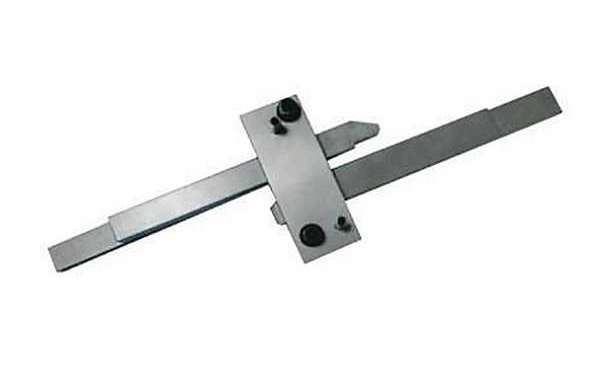Here are some of the most common changes that can be made to resolve Injection plastic mold sink marks:
Lower the mold temperature: By pulling heat away more quickly from a thick area where sink is likely to occur, the chance of differential cooling between thick and thin areas can be reduced. The coolant temperature can be altered from core to cavity side, moving the sink mark in one direction or another, however caution must be taken, for this can cause problems such as distortion.
Increase the holding pressure: When sink marks are caused by low pressure in the cavity, this may be addressed by increasing the holding or packing pressure. The pressure of molten plastic being injected into the mold can have a strong effect on thermal and mechanical stresses. Modifying this pressure can be helpful, but changes in holding pressure must be carefully controlled.
Increase the holding time: Increasing the holding time encourages more adequate and even cooling. The ability to control sink marks in this way depends on the location of the gates in relation to the thicker wall sections, and whether there is enough time to fill all areas of the cavity before the gate freezes off. To avoid molded-in stress, pressure, injection speed, and holding time must all be taken into account and balanced.
Reducing wall thickness: The part design can be adjusted to reduce the thickness of thick wall sections. This will promote quicker cooling and reduce the probability of sink marks.
Moving the gate location: If the gate is sealed too early, sink marks can result. Relocating gates during design can change the timing of gate sealing, eliminating the sink marks.
Whether to contact us to buy Ejector sleeve or not?








